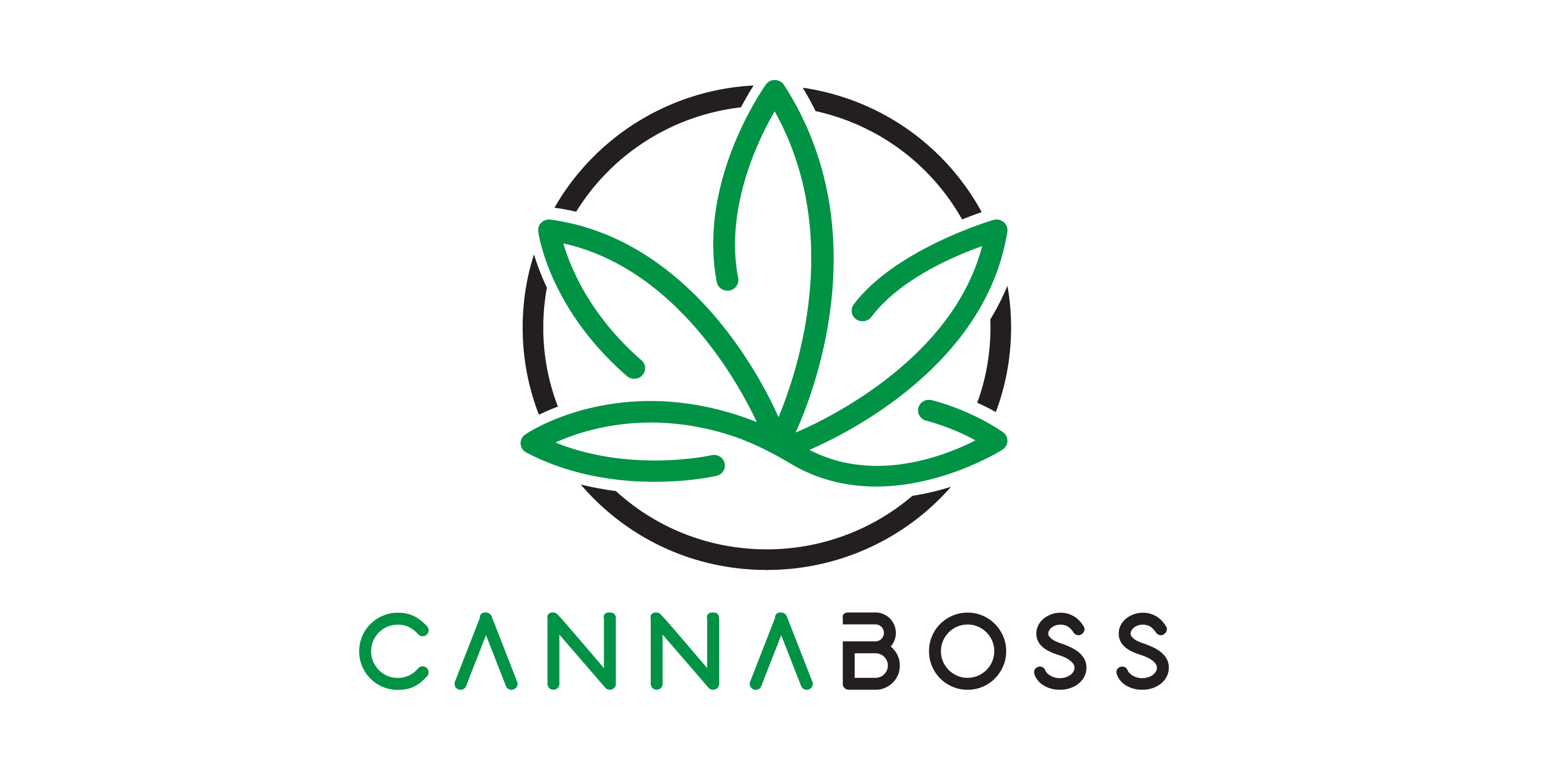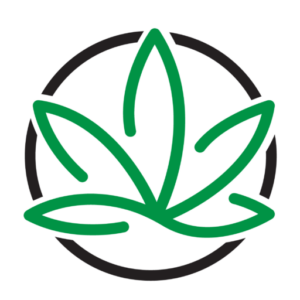What is CBD?
Cannabidiol, CBD for short, is a non-psychoactive phytocannabinoid from the female hemp plant.
CBD is said to have sedative, anti-anxiety, analgesic and anti-inflammatory effects.
Officially, in 2017, the WHO classified CBD as safe due to its non-psychoactive and consistently positive properties and therapeutic effects.
What are cannabinoids?
Cannabinoids are substances synthesized from the Cannabis Sativa plant that interact with the human body.
Three main cannabinoids exist:
– Phytocannabinoids – from plants.
– Endocannabinoids – made by our bodies (endo, Greek: “inside”)
– Synthetic cannabinoids – from the laboratory
Two primary endocannabinoids are produced by the human body.
In comparison, the cannabis plant produces about 113 different phytocannabinoids.
How does CBD work?
The cannabinoid CBD has no psychoactive effect.
A balancing, anxiety-relieving, pain-relieving, mood-lifting and anti-inflammatory effect is said to have cannabidiol on the human and animal organism.
CBD mainly binds to the cannabinoid receptor 2 in our body. This is not only present in strongly in our nervous system, where the endocannabinoid system is located, but also in our immune system, gastrointestinal tract, tonsils, spleen and brain.
Therefore, CBD is fondly referred to as a means of communication between the body and the mind.
The onset as well as the duration of the effect of CBD varies from person to person and is mainly related to the individual metabolism as well as the amount and type of intake.
Does CBD make you ``stoned`` ?
CBD does not make you “stoned”.
Unlike THC, CBD is not psychoactive. Even at a very high dose, no intoxication is induced. CBD products are made from industrially grown commercial hemp and must not contain more than 0.2% THC.
What is the difference between hemp and marijuana?
CBD and THC have the same chemical composition:
30 hydrogen atoms, 21 carbon atoms, and 2 oxygen atoms.
So in theory, these two cannabinoids are almost twins, were it not for a single atom that has a significant impact on the way they work.
The decisive difference lies in the genetics. Unlike THC, CBD does not cause intoxication, but has countless other effects on the body.
Considering the fact that CBD does not make you “high” also led to the fact that the cannabinoid is considered safe and legal in most countries.
This is in contrast to THC, which is still considered illegal in most of Europe and worldwide.
Do CBD products contain THC?
According to the law, CBD products may not contain more than 0.2% THC and therefore the products do not make “high”.
In some cases, some CBD products do not contain THC at all.
How to dosage CBD oil?
Basically, it is recommended to start with smaller amounts and gradually increase the dose.
The use of CBD should therefore be well accompanied to determine the effect and side effects.
Does CBD have side effects?
By taking CBD, there is a possibility that side effects may occur. Although it is rare, at a higher dose CBD can cause the following side effects for a sensitive person:
– Anxiety
– appetite changes
– mood changes
– diarrhea
– dizziness
– drowsiness
– dry mouth
– nausea
– vomiting
Common reason for side effects is wrong dosage. Thus, the ideal amount varies from person to person.
It is advisable to consult a doctor before taking it to avoid unwanted side effects.
Is CBD addictive?
No. CBD itself is not addictive.
This was confirmed by the WHO in 2017.
Where can CBD be applied?
The area of application as well as the possible positive mode of action of CBD is not only extremely broad, but also still in the medical research phase.
Almost weekly, new studies are published around CBD.
CBD has numerous areas of application.
Among them, CBD can be used as a cosmetic or to combat specific symptoms or diseases.
The potential modes of action of the cannabinoid are:
– analgesic (menstrual cramps, migraine)
– anorectic (obesity)
– anxiolytic (anxiety relieving)
– antiepileptic (epilepsy)
– anti-inflammatory
– antiemetic (nausea, vomiting)
– antikinetic (stomach upset)
– antispasmodic (muscle spasms, tensions)
– anti-insomniac (sleep disorders)
– antipsoriatic (skin diseases)
– anti-ischemic (reduced blood flow to tissues)
– antibacterial
– antifungal (fungal diseases)
– antidiabetic (diabetes)
– antiproliferative (cancer diseases)
In addition, the positive properties of CBD are currently being researched to combat allergies, dementia and Alzheimer’s disease.
However, the use of CBD should be clarified with a physician. These modes of action do not represent medical advice, but only reflect the state of current research.



